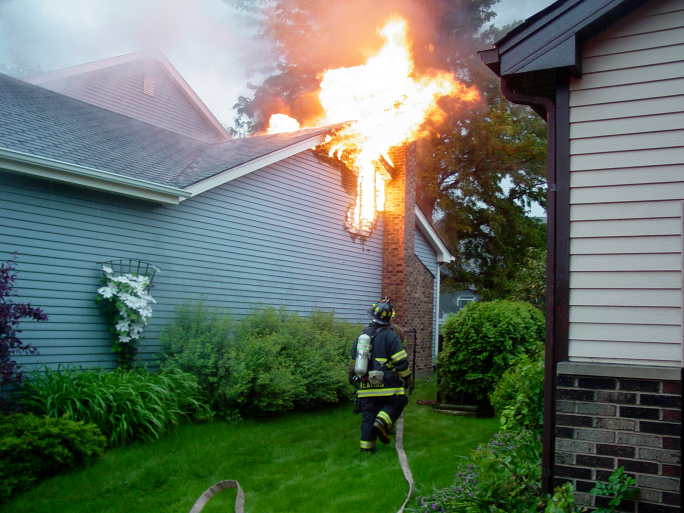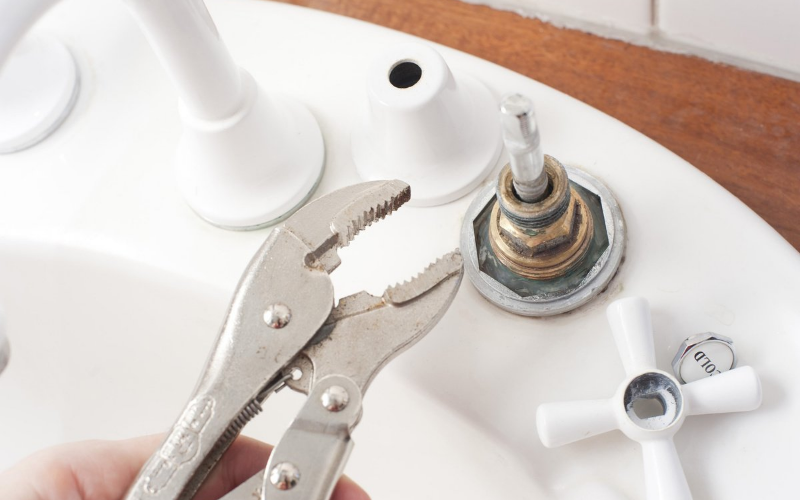
Last week’s economic reporting included readings from the National Association of Home Builders on housing markets, reports on sales of previously owned homes, housing starts, and building permits issued. Weekly readings on mortgage rates and jobless claims were also released.
NAHB: Rising Materials Costs, Supply Chain Problems Weigh on Builders
The National Association of Home Builders’ February housing market index reading was 82 and one point lower than in January. This was the second consecutive month that builder confidence dropped by one point. Homebuilder confidence in housing market conditions remained relatively high as any index reading over 50 indicates that most builders are confident about market conditions.
Short supplies of available homes and high demand combined to hold builder confidence steady, but growing concerns over rising materials costs, delivery delays, and labor shortages put downward pressure on builder confidence. NAHB chair Jerry Konter wrote, “Many builders are waiting months to receive cabinets, garage doors, countertops, and appliances. These delivery delays are raising construction costs and pricing prospective buyers out of the market.” Rising mortgage rates coupled with rising home prices were regarded by homebuilders as threats to affordability for moderate-income and first-time home buyers.
Building Permits Increase as Housing Starts Decline
The Commerce Department reported that building permits issued exceeded expectations and the prior month’s reading. 1.90 million building permits were issued on a seasonally-adjusted annual basis in January as compared to the expected reading of 1.75 million permits issued and December’s reading of 1.89 million permits issued.
January housing starts decreased to 1.64 million starts on a seasonally-adjusted annual basis from December’s reading of 1.71 million starts and the expected reading of 1.69 million housing starts. Economists expect a slowdown in home building as shortages of available homes, rising home prices, and mortgage rates continue to impact affordability.
January sales of previously-owned homes rose to 6.50 million sales on a seasonally-adjusted annual basis from December’s reading of 6.09 million sales. Analysts predicted a reading of 6.10 million sales.
Mortgage Rates Rise, Jobless Claims Mixed
Freddie Mac reported higher average mortgage rates last week as the rate for 30-year fixed-rate mortgages rose 23 basis points to 3.92 percent. Rates for 15-year fixed-rate mortgages averaged 3.15 percent and were 22 basis points higher. The average rate for 5/1 adjustable rate mortgages rose by 18 basis points to 2.98 percent. Discount points averaged 0.80 percent for fixed-rate mortgages and 0.30 percent for 5/1 adjustable rate mortgages.
First-time jobless claims rose to 248,000 claims filed; analysts expected 218,000 new claims to be filed based on 225,000 initial jobless claims filed in the prior week. 1.59 million ongoing jobless claims were filed last week as compared to the previous week’s reading of 1.62 million continuing jobless claims filed.
What’s Ahead
This week’s scheduled economic reporting includes readings from S&P Case-Shiller Home Price Indices, the Federal Housing Finance Agency Home Price Index, data on new home sales, and the University of Michigan’s Consumer Sentiment Index.
 A fire can rage through your home at a moment’s notice, and it can cause a significant amount of damage in a very short period of time. Damage from the flames, intense heat, smoke and soot can cause tens of thousands of dollars or more in some cases, and a severe fire event can result in a total loss for the homeowner. More than that, a fire can create a serious health and safety risk for you and your loved ones inside the home. If you are concerned about how safe your home is from a fire, consider a few important points.
A fire can rage through your home at a moment’s notice, and it can cause a significant amount of damage in a very short period of time. Damage from the flames, intense heat, smoke and soot can cause tens of thousands of dollars or more in some cases, and a severe fire event can result in a total loss for the homeowner. More than that, a fire can create a serious health and safety risk for you and your loved ones inside the home. If you are concerned about how safe your home is from a fire, consider a few important points. The vast majority of people will need to go through a mortgage lender when purchasing a home. One of the last steps in the purchase process is the home appraisal. The lender wants to make sure they are not lending more money than the house is worth. If the appraisal value comes in above what the buyer is paying, then the buyer is happy because they might be getting a great deal. On the other hand, if the appraisal comes in below what the buyer is paying, this can be frustrating. What is the appraisal gap, and how does it work?
The vast majority of people will need to go through a mortgage lender when purchasing a home. One of the last steps in the purchase process is the home appraisal. The lender wants to make sure they are not lending more money than the house is worth. If the appraisal value comes in above what the buyer is paying, then the buyer is happy because they might be getting a great deal. On the other hand, if the appraisal comes in below what the buyer is paying, this can be frustrating. What is the appraisal gap, and how does it work?  Many people rely on Airbnb to go on vacation because this website often makes booking easier, affords more flexibility, and is frequently cheaper when compared to a hotel. Therefore, some real estate investors rely on Airbnb as an investment strategy. At the same time, this is not necessarily the best option for everyone. What do people need to know about using Airbnb as a real estate investment strategy?
Many people rely on Airbnb to go on vacation because this website often makes booking easier, affords more flexibility, and is frequently cheaper when compared to a hotel. Therefore, some real estate investors rely on Airbnb as an investment strategy. At the same time, this is not necessarily the best option for everyone. What do people need to know about using Airbnb as a real estate investment strategy?  A house is an investment, and it is important to treat it as such. Homeowners must capitalize on the value of their homes when they go to sell them. One of the best ways to do so is to handle minor repairs before listing the house. Minor repairs do not take that long, so homeowners don’t have to worry about delaying their timeline. Furthermore, they are not that expensive to fix, but they can have a significant impact on the value of the home. Why is this the case?
A house is an investment, and it is important to treat it as such. Homeowners must capitalize on the value of their homes when they go to sell them. One of the best ways to do so is to handle minor repairs before listing the house. Minor repairs do not take that long, so homeowners don’t have to worry about delaying their timeline. Furthermore, they are not that expensive to fix, but they can have a significant impact on the value of the home. Why is this the case? Last week’s economic reporting included readings on inflation and the University of Michigan’s preliminary February reporting on consumer sentiment. Weekly readings on mortgage rates and jobless claims were also released.
Last week’s economic reporting included readings on inflation and the University of Michigan’s preliminary February reporting on consumer sentiment. Weekly readings on mortgage rates and jobless claims were also released.